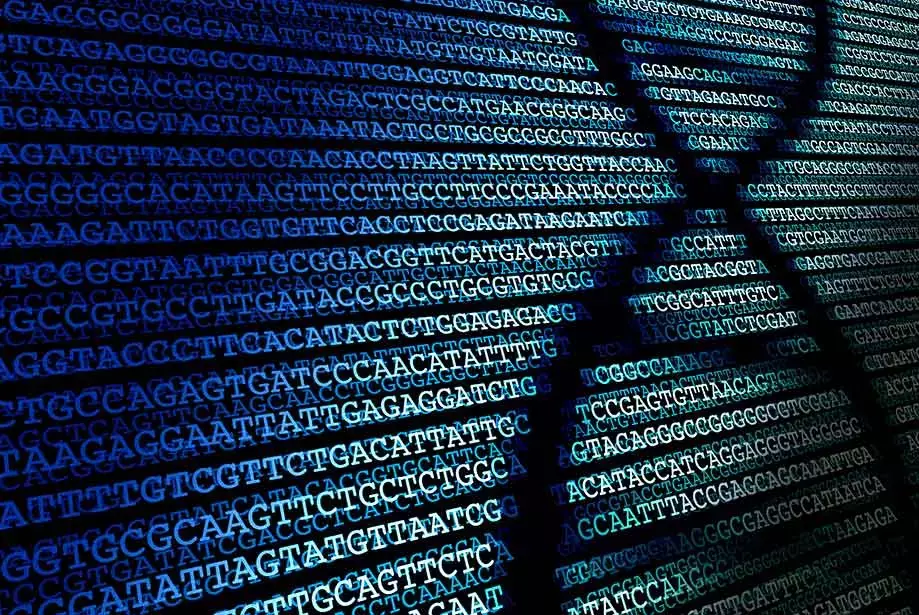- Home
- Medical news & Guidelines
- Anesthesiology
- Cardiology and CTVS
- Critical Care
- Dentistry
- Dermatology
- Diabetes and Endocrinology
- ENT
- Gastroenterology
- Medicine
- Nephrology
- Neurology
- Obstretics-Gynaecology
- Oncology
- Ophthalmology
- Orthopaedics
- Pediatrics-Neonatology
- Psychiatry
- Pulmonology
- Radiology
- Surgery
- Urology
- Laboratory Medicine
- Diet
- Nursing
- Paramedical
- Physiotherapy
- Health news
- Fact Check
- Bone Health Fact Check
- Brain Health Fact Check
- Cancer Related Fact Check
- Child Care Fact Check
- Dental and oral health fact check
- Diabetes and metabolic health fact check
- Diet and Nutrition Fact Check
- Eye and ENT Care Fact Check
- Fitness fact check
- Gut health fact check
- Heart health fact check
- Kidney health fact check
- Medical education fact check
- Men's health fact check
- Respiratory fact check
- Skin and hair care fact check
- Vaccine and Immunization fact check
- Women's health fact check
- AYUSH
- State News
- Andaman and Nicobar Islands
- Andhra Pradesh
- Arunachal Pradesh
- Assam
- Bihar
- Chandigarh
- Chattisgarh
- Dadra and Nagar Haveli
- Daman and Diu
- Delhi
- Goa
- Gujarat
- Haryana
- Himachal Pradesh
- Jammu & Kashmir
- Jharkhand
- Karnataka
- Kerala
- Ladakh
- Lakshadweep
- Madhya Pradesh
- Maharashtra
- Manipur
- Meghalaya
- Mizoram
- Nagaland
- Odisha
- Puducherry
- Punjab
- Rajasthan
- Sikkim
- Tamil Nadu
- Telangana
- Tripura
- Uttar Pradesh
- Uttrakhand
- West Bengal
- Medical Education
- Industry
Next-generation sequencing technology may help detect pathogenic bacteria of periprosthetic joint infection after arthroplasty

The next-generation sequencing technology (NGS) is an emerging microbial diagnostic technology. It can detect all nucleic acids present in the specimen at one time, including those from the host and all microorganisms. In recent years, NGS has been applied to the identification and detection of pathogens in infectious diseases, and has a high application value in blood samples. In the field of periprosthetic joint infection (PJI), NGS applications have gradually been used by everyone.
Yu Chang et al conducted a retrospective, observational, cohort study at Honghui Hospital, Xi'an Jiaotong University, Xi'an, People's Republic of China. The study has been published in ‘International wound’ journal.
Twenty-two cases of patients with joint infection after arthroplasty were selected, with 11 cases of knee and 11 cases of hip, including 8 cases of male and 14 cases of female, and an average age of 63.55 ± 13.11 years old (range from 28 to 85).
Microbiological culture results of synovial fluid and periprosthetic joint tissue and NGS results of periprosthetic joint tissue were collected. The detection rate of NGS and microbiological culture were calculated and statistically analysed by paired χ2 test.
Key findings of the study were:
• Among the 22 patients with joint infection after arthroplasty, the positive rate of NGS was 90.91% (20/22), whereas the positive rate of bacterial culture was 50.00% (11/22).
• In knee PJI patients, the positive detection rate of NGS was 81.82%, while the positive detection rate of bacterial culture was 63.64% (χ 2 = 0.9167, P = .3384).
• In patients with hip PJI, the detection rate of NGS was 100.00%, whereas the detection rate of synovial fluid bacterial culture was 36.36% (χ2 = 10.27, P = .0014).
• Paired chi-square test showed a statistically significant difference in the detection rate between the two groups (P = .0029).
• In the detection of pathogenic microorganism, NGS detected 12 kinds of bacteria, Staphylococcus aureus in 3 patients, Staphylococcus epidermidis in 5 cases, Streptococcus 1 case, Streptococcus dysgalactiae 1 case, Xanthomonas campestris 3 cases, Escherichia coli 2 cases, Bacillus cereus 2 cases, Klebsiella pneumoniae 1 case, Finegoldia magna 1 case, Corynebacterium klopensteriella in 1 case, Brucella 1 case, and Aspergillus flavus 1 case.
• Bacterial culture detected 6 kinds of bacteria, included 5 cases of Staphylococcus epidermis (including 3 cases of Methicillin-resistant coagulase-negative Staphylococcus, (MRSCoN)), 2 cases of Staphylococcus aureus (both Methicillin-resistant Staphylococcus aureus, (MRSA)), 1 case of Klebsiella pneumoniae, 1 case of Staphylococcus hominis (MRSCoN), 1 case of G+ bacillus, and 1 case of Brucella.
The authors concluded that – “Compared with traditional bacterial culture, NGS can not only improve the detection rate of pathogenic bacteria in PJI patients, detect the pathogens that are consistent with bacterial culture, but also detect a variety of other potential pathogenic bacteria. The short detection time is more conducive to the early diagnosis and timely treatment of PJI, which has certain application value. However, there were only 22 cases in this study, so further multi-centre randomised controlled prospective studies with larger samples are needed to improve the accuracy and reliability of the conclusions by combining the curative effects of PJI patients.”
Further reading:
Application of next-generation sequencing technology in the detection of pathogenic bacteria of the periprosthetic joint infection after arthroplasty. Yu Chang, Kai Jiang et al Int Wound J. 2023; 1–8. DOI: 10.1111/iwj.14087
MBBS, Dip. Ortho, DNB ortho, MNAMS
Dr Supreeth D R (MBBS, Dip. Ortho, DNB ortho, MNAMS) is a practicing orthopedician with interest in medical research and publishing articles. He completed MBBS from mysore medical college, dip ortho from Trivandrum medical college and sec. DNB from Manipal Hospital, Bengaluru. He has expirence of 7years in the field of orthopedics. He has presented scientific papers & posters in various state, national and international conferences. His interest in writing articles lead the way to join medical dialogues. He can be contacted at editorial@medicaldialogues.in.
Dr Kamal Kant Kohli-MBBS, DTCD- a chest specialist with more than 30 years of practice and a flair for writing clinical articles, Dr Kamal Kant Kohli joined Medical Dialogues as a Chief Editor of Medical News. Besides writing articles, as an editor, he proofreads and verifies all the medical content published on Medical Dialogues including those coming from journals, studies,medical conferences,guidelines etc. Email: drkohli@medicaldialogues.in. Contact no. 011-43720751


